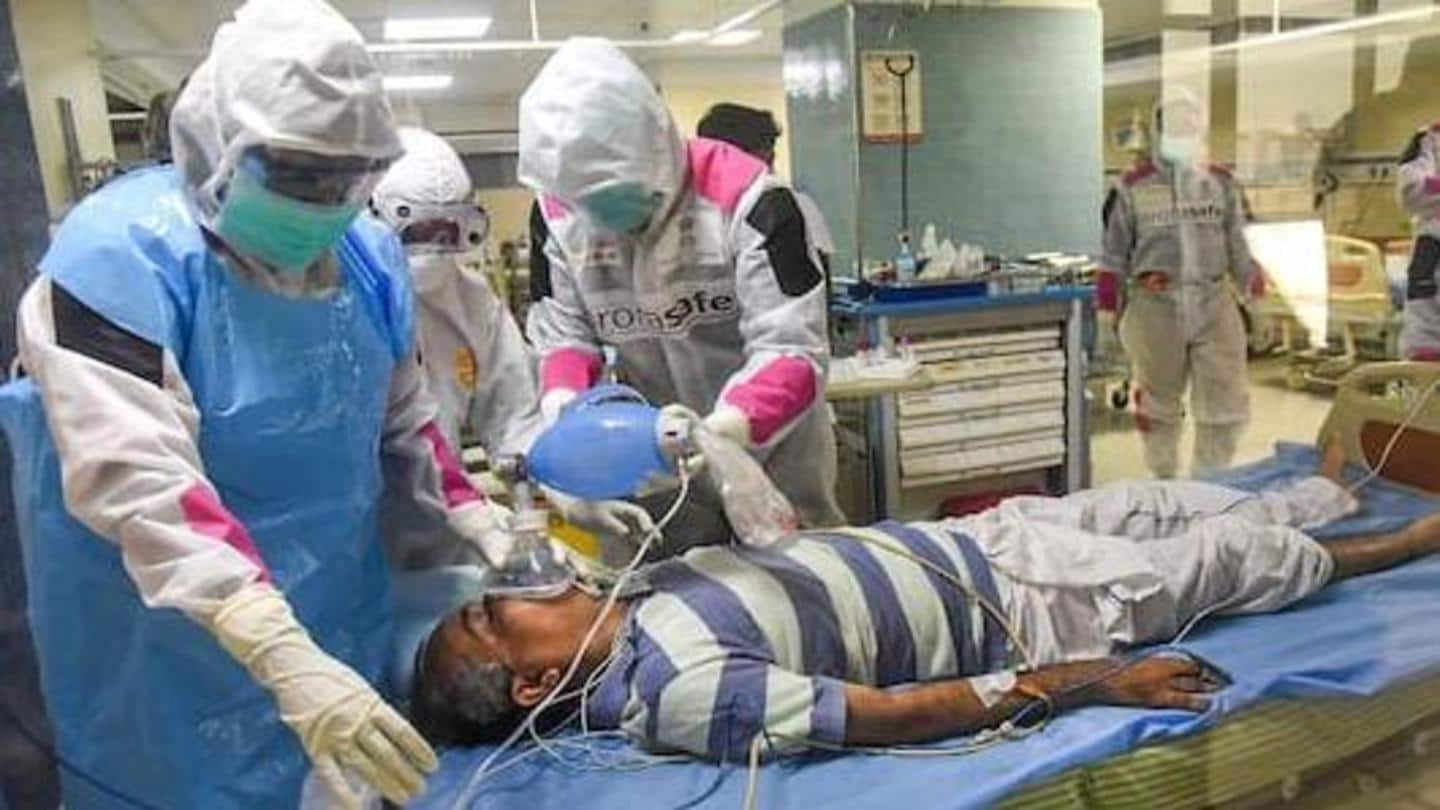
Coronavirus may cause heart damage even in mild, asymptomatic cases
What's the story
The coronavirus is known to be a disease that impacts the lungs, however, it has been found that several COVID-19 patients have sustained heart damage after recovery.
Notably, the prevalence of heart damage has been spotted in recovered COVID-19 patients even if they had mild or no symptoms.
This has raised concerns about the long-term effects of COVID-19, which may even go unnoticed.
Details
SARS-CoV-2 can raise risk of heart complications
According to a study published in the Journal of the American Medical Association (JAMA), there is a possibility that the novel coronavirus SARS-CoV-2 can put a person at risk of heart complications, even if they are unaware of having any symptoms after recovery from COVID-19.
The complications could range from heart arrhythmias to heart failure and sudden cardiac death.
Findings
78% recovered patients had heart abnormalities: Study
The study monitored 100 recently recovered COVID-19 patients (median age 49), most of whom had no or mild symptoms.
An MRI of their hearts conducted after an average of two months since the first COVID-19 diagnosis showed 78% of patients had heart abnormalities and 60% had myocarditis (heart inflammation).
The extent of myocarditis was unrelated to the severity of the illness, the study found.
Information
What causes myocarditis?
According to Forbes, while researchers are still trying to establish the exact cause of myocarditis, it is believed that it may be caused via two mechanisms: direct cardiac damage caused by the virus, and the after-effects of the immune response to the virus.
Quote
'Many cases of stress-induced cardiomyopathy reported'
Cardiologist Holly S. Andersen told Forbes, "The novel coronavirus can affect the heart directly and indirectly: it can invade the heart muscle cells causing inflammation or "myocarditis" which can reduce the heart's pumping ability and make it vulnerable to arrhythmias."
She added, "Many cases of stress-induced cardiomyopathy (Takotsubo) have been reported and this can lead to transient heart failure and sudden death."
Quote
'Right side of heart more affected'
S. Chatterjee, senior consultant, internal medicine, Apollo Hospital, New Delhi, told IndiaSpend last month, "The degree (of myocarditis) could vary from mild to moderate, and it is the right side of the heart that is getting involved more than the left."
Dr. Chatterjee said myocarditis has been observed in follow-up patients, however, it has not been severe.
Significance
Study highlights need for monitoring long-term cardiac effects of COVID
While there are limitations to this study, it indicates that the heart can be affected even in young and middle-aged individuals after coronavirus infection.
Recently, Venezuelan baseball pitcher Eduardo Rodriguez, who is 27, had been diagnosed with COVID-associated myocarditis.
This presents severe risks for recovered COVID-19 patients who exercise and underlines the importance of monitoring long-term cardiac effects of the coronavirus.